Back in 2013, I was really into the whole zombie thing. I started watching The Walking Dead and became basically obsessed with The Last of Us. For me, it was never really about the zombies; my interest was in the moral dilemmas, character conflicts and studies of the human condition that came with well-written stories about a society suddenly thrust into an apocalyptic pandemic. I still maintain a level of interest in the zombie genre, but lately I (and it seems many others) have become fascinated by stories revolving around the dilemmas and conflicts coming from technology and artificial intelligence. I still watch The Walking Dead, but now I also watch Black Mirror. The Last of Us remains one of my favorite games of all time, but recently NieR:Automata has joined it as one of my favorites. So when I heard that the acclaimed narrative adventure developers at Quantic Dream were working on a narrative-driven, choice-based game about artificial intelligence, I was very intrigued.
I held onto some skepticism, however. I have experience with two other Quantic Dream games, Heavy Rain and Beyond: Two Souls, and while I generally liked both of them, I had some serious issues with them as well. Though I mostly enjoyed my experiences with those games, plot holes and contrived dialogue branches kept me from loving them. Detroit: Become Human sounded very interesting, but would it be able to illicit more than just a lukewarm response from me?

Let’s start with the game’s presentation. Immediately, I was drawn in by how amazing it looks. A ton of detail is put into every character model and location and the result is some of the best-looking graphics I’ve seen. Once in a while a character’s lips aren’t quite synced up and there’s a brief appearance from a dog who looks more like a PS3 model than a PS4 one (you have the option to pet him though, so all’s forgiven), but generally speaking, this game is beautiful. And I would be remiss to not mention the game’s soundtrack, which ranges from emotional to dynamic and masters both extremes and the entire spectrum in between.
The world of Detroit: Become Human is fascinating, if not depressingly realistic.
As far as gameplay goes, if you’ve played one of Quantic Dream’s previous games, you pretty much know what you’re getting into. Most of the gameplay consists of making choices, whether they be dialogue options or choosing what action to take. Needless to say, this aspect of the gameplay is only as good as the overall story. Aside from this, you can also explore and interact with your environment and perform quick-time events during action sequences.
The various settings of Detroit: Become Human are ones that are begging to be explored, from the conversations you can eavesdrop on to the environmental clues you can find. You are able to get a sense of the futuristic world the game takes place in just by looking around and seeing the physical effect the invention of androids has had. Androids have taken over the workforce in a number of different disciplines, as you’ll see them working as gardeners, construction workers, retailers, babysitters and personal assistants, leaving many humans out of a job. Homeless people line the streets and anti-android protests are held. There is so much story told in just turning the camera and viewing your surroundings. If you want some more insight into the world of the United States in 2038, you can read some of the several magazine tablets littering the city. You’ll find headlines that delve into issues pertinent to modern day, but worsened through the passage of time, such as ocean levels rising and threatening coastal cities like Miami, the gentrification of cities and the abandonment of poorer areas as businesses follow the wealthy, the redistribution of wealth to the richest of the rich, a cold war between the United States and Russia and the election of a celebrity with no political experience to the position of President. The world of Detroit: Become Human is fascinating, if not depressingly realistic.
Detroit: Become Human also manages to use the DualShock 4 controller to its full capabilities in a way not many other games have. You won’t just be pressing buttons, but the controller’s touch pad, rumble feature and motion sensors are all utilized. This leads to some pretty extreme quick-time events, as you’ll be expected to press one of the four face buttons, press one of the four triggers, move one of the analog sticks in one of four directions or move the entire controller in one of four directions at any given time. It can be a bit overwhelming, but that feeling of bewilderment often reflects the feelings that whichever character you’re playing as is likely feeling in situations necessitating quick-time events. And you’ll want to stay on top of them and keep your reflexes sharp, because failure to execute quick-time events can lead to consequences as inconsequential as basically nothing at all to results as severe as the permanent death of a favorite character.

Detroit: Become Human provides an incredibly emotionally moving story.
But of course, the main attraction of any narrative adventure game is the story. In my opinion, this is Quantic Dream’s greatest story yet, and by a wide margin. The characters are relatable and likable and all have goals that make sense with character developments that keep their journeys interesting. There are three playable characters, which means three individual stories, but each one is just as interesting as the next. I never found myself thinking, “Aw man, now I have to play as this character? But this character’s story is boring; I want to go back to playing the character with the exciting story.” All three characters are interesting and I was glad to follow each of their stories.
Perhaps more impressive, and more important, than the stories of the individual characters is the overarching theme of the game. In Detroit: Become Human, androids have started to become sentient for the first time and have begun developing human-like emotions. As such, they demand to be treated like humans in a society that condemns them as merely machines incapable of feeling anything and demands that they continue serving humanity. There are symbols and analogies to historical oppressions present throughout the game, such the fact that androids are required to wear special clothes and accessories that identify them as androids, similar to how Jewish people were forced to wear Stars of David in 1930s Germany so they could be identified as Jews, or how androids have their own compartment separate from humans at the back of buses, mirroring the Jim Crow era of African American oppression. The game presents the androids’ struggle as one of an oppressed people simply asking for equality in a world that refuses to accept them as equals.
In terms of both the individual androids’ stories and the overall theme of the game, Detroit: Become Human provides an incredibly emotionally moving story. It’s one that I’m sure many people will be able to relate to in some way or another and there are plenty of powerful moments that are sure to bring a tear to your eye. These moments might not always be in the same place for everyone, but that’s where the beauty of the branching narrative comes in.
Detroit: Become Human has a story that starts off relatively linear, but as you continue, you’ll be making more and more choices that affect the narrative drastically. Not every single little choice you make will matter, but a lot of them will. Responding in certain ways will color how other characters think of you, which in turn will cause them to react in certain ways down the road. In fact, there are entire narrative branches reserved for having a specific kind of relationship with certain characters. How you act in general may affect the public’s opinion of you, which will result in their differing reactions to your future actions. Additionally, there are no Game Overs in this game, strictly speaking. If you fail an objective, you will simply be taken down a different narrative path than if you succeed. And even then, there are oftentimes multiple ways in which you can succeed or fail, all of which lead to their own branches. You may be at a crime scene and there will be different narrative paths for finding all the evidence, not finding enough evidence, leaving the crime scene early, finding all the evidence but not knowing what to do with it or even just waiting around and doing nothing until your time runs out. It may not seem like it at first, but as you continue playing the game you will see that there are a ridiculous amount of branching pathways. In a single playthrough, there will be several sequences, even several entire scenes, that you won’t see at all. The entire final chapter of the game will be different based on all the choices you made leading up to it. And each of the potential final chapters each have a ton of potential endings. As soon as you finish your first playthrough, you’ll want to immediately jump back in for another run to see all the things you missed, and there will be a lot. That’s not to say, however, that the first ending you get will be unsatisfactory. On the contrary, even many of the “bad endings” have a sense of resolution, even if they’re not the endings you wanted. But regardless of whichever ending you get first, chances are you’ll want to explore the rest of the narrative web as thoroughly as possible, not only to see what happens, but because the world of the game is so engrossing, and the characters so intriguing, that you won’t want your experience with Detroit: Become Human to be over.

If there’s anything negative to say about Detroit: Become Human, it’s that it isn’t always super original. You’ll find familiar archetypes of characters that you’ve seen a million times in other stories, such as the grizzled middle-aged detective who would rather be at a bar than at work; the abusive father who does nothing but drink, watch TV and beat his kid, occasionally stopping to show some unconvincing remorse; and a compassionate father’s spoiled son who takes advantage of his dad’s love to get money for his drug addiction. There are also cliché scenes that you would expect to find in any buddy cop story, rebellion story or fugitive-on-the-run story. There will sometimes be scenes or lines of dialogue that seem too familiar or predictable.
The replay value of this game is incredible.
But the thing is that the characters are usually so well performed and written, and the overall story so interesting and investing, that you likely won’t really even care when the clichés and archetypes rear their heads. When Detroit: Become Human is at its best, its an incredibly emotional and moving experience. But even when it’s at its most clichéd worst, it’s still at least entertaining and fun. You’re certainly not going to get bored playing this game. Also, if you think a scene is unfolding in a cliché manner, chances are you’ll be given a choice at some point during the scene that can completely alter the course of the scene, instantly curing it of its cliché nature.
The only other criticism I could think to give this game is that occasionally things don’t 100% make sense. So far, I haven’t found anything logic-leaping enough to be considered a full-blown plot hole, but once in a while there will be something that makes you go, “Wait a second…” However, these moments are very rare and are often incredibly insignificant and if you’re willing to suspend your disbelief just a little bit, you’ll still have a thoroughly enjoyable experience. It’s also entirely possible that the answer to the narrative question you have is simply in a branch or scene that you haven’t seen yet, but upon a second or third playthrough, everything will make sense. Having played through the game three times in preparation for this review, I can confirm that there are even several little hints and clues to future events that you can find earlier in the game upon going through multiple playthroughs. In case I haven’t made it clear already, the replay value of this game is incredible.

The Verdict
Detroit: Become Human isn’t really a futuristic science-fiction adventure about robots any more than The Walking Dead or The Last of Us are really about zombies. Instead, it is a social revolution simulator, where most of your choices actually matter, the story and characters are engaging and moving and the amount of narrative content is incredibly massive. Personally, I can’t wait to play it for a fourth time and a fifth time and have all my family members play it as well so I can see where their choices lead them. For fans of narrative-driven video games, I can’t recommend it enough.


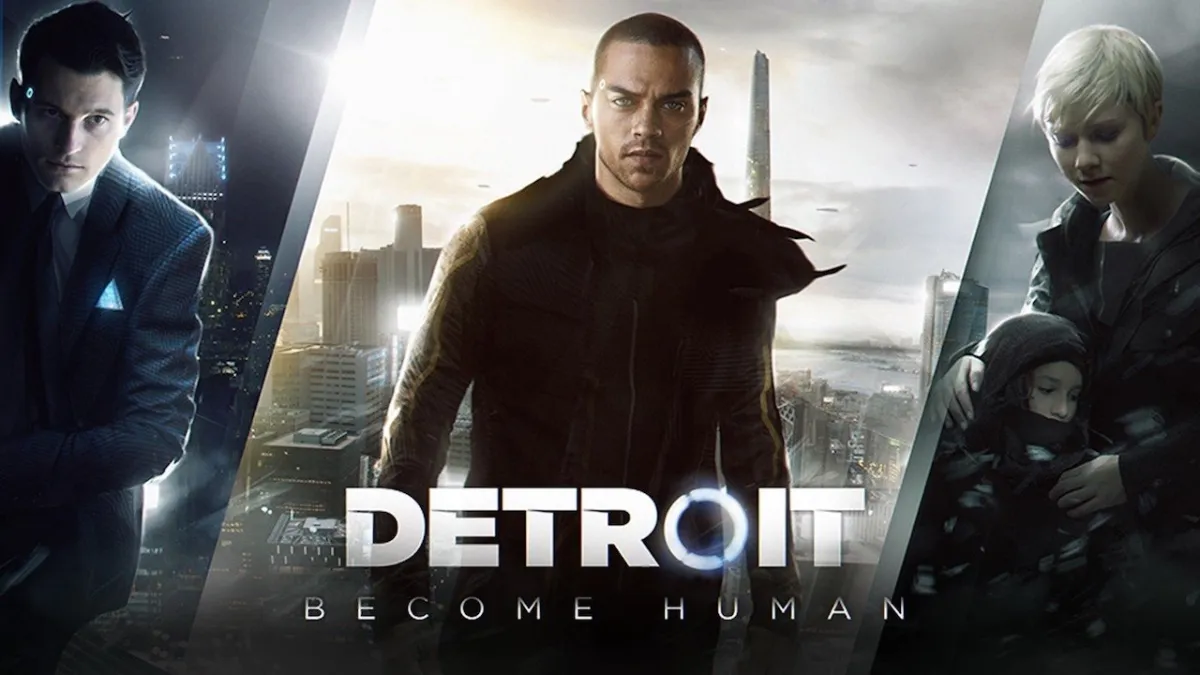
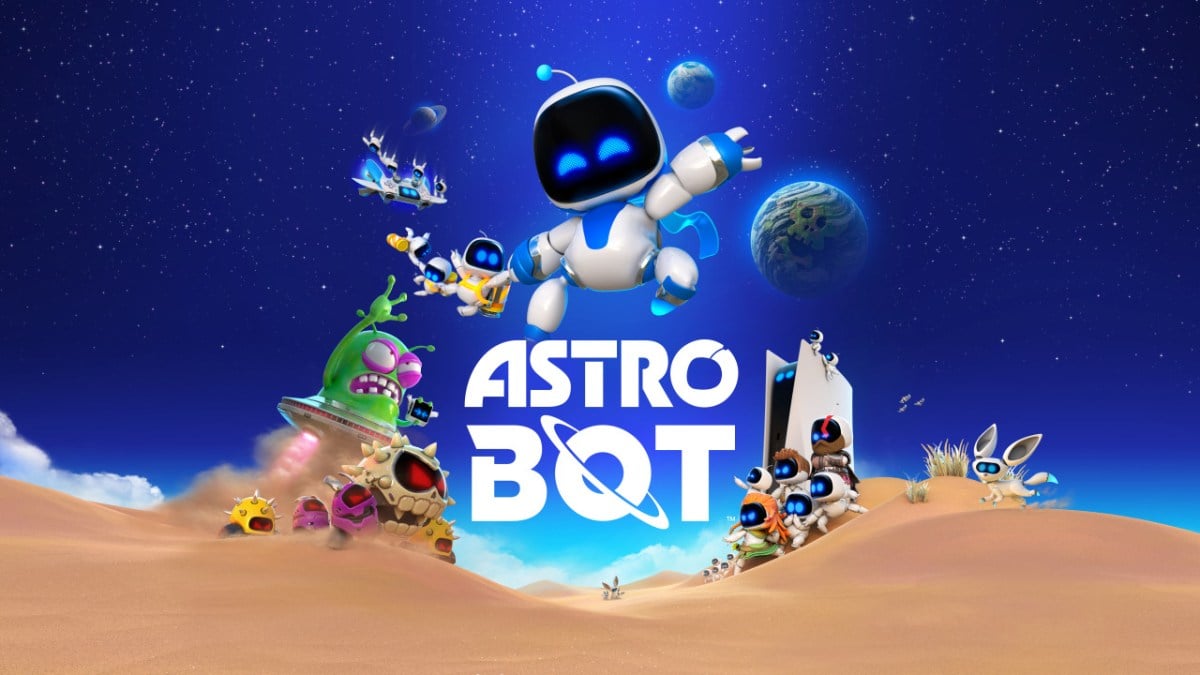
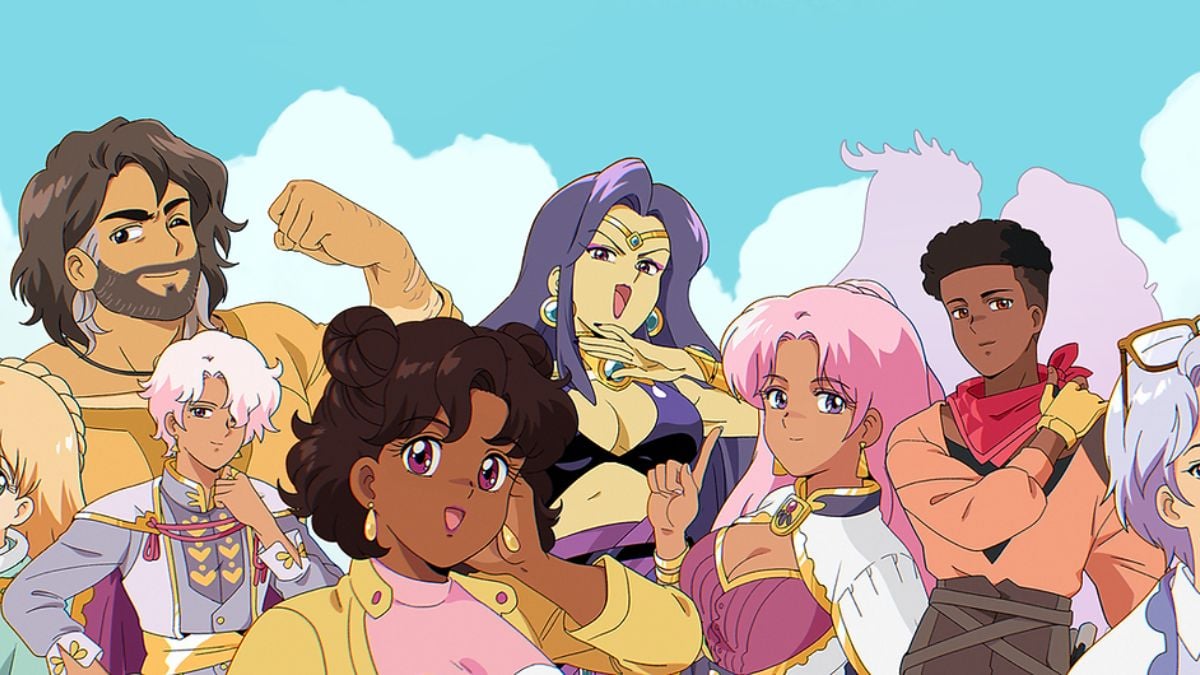
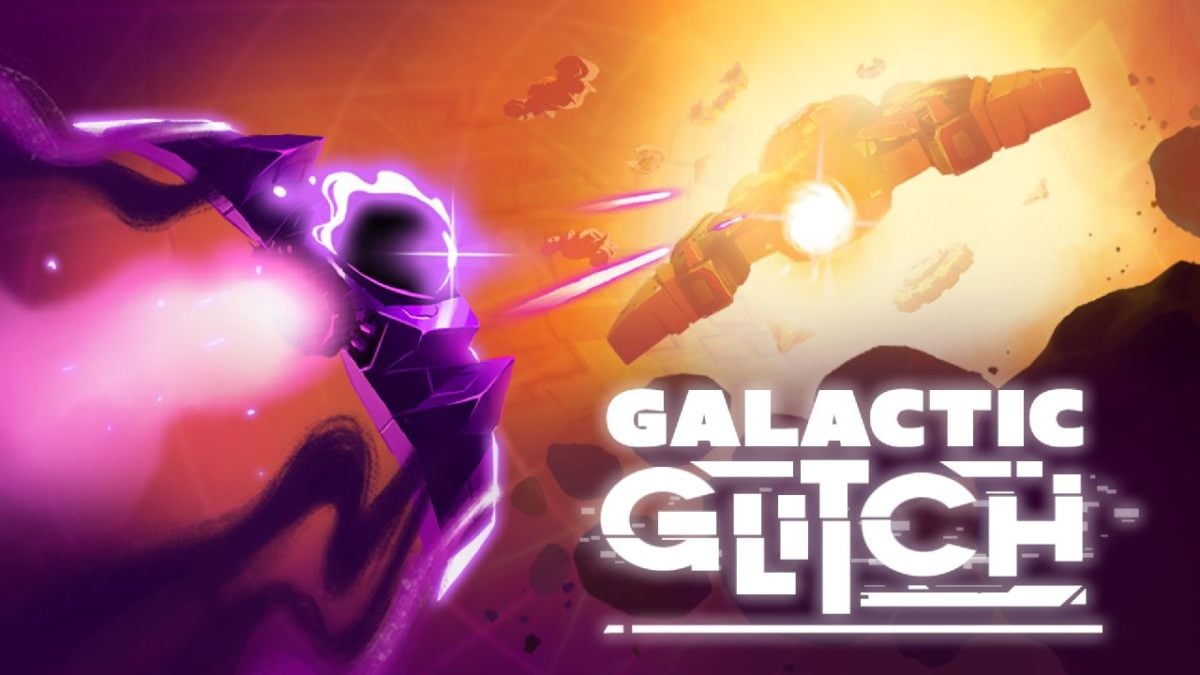
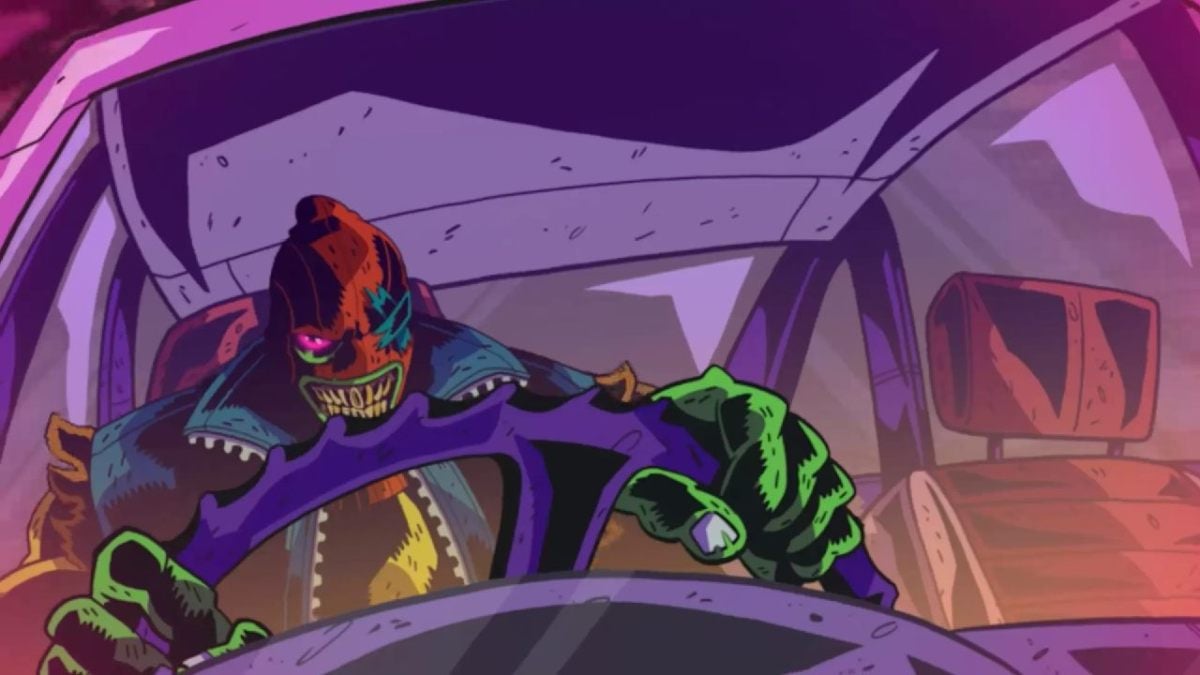
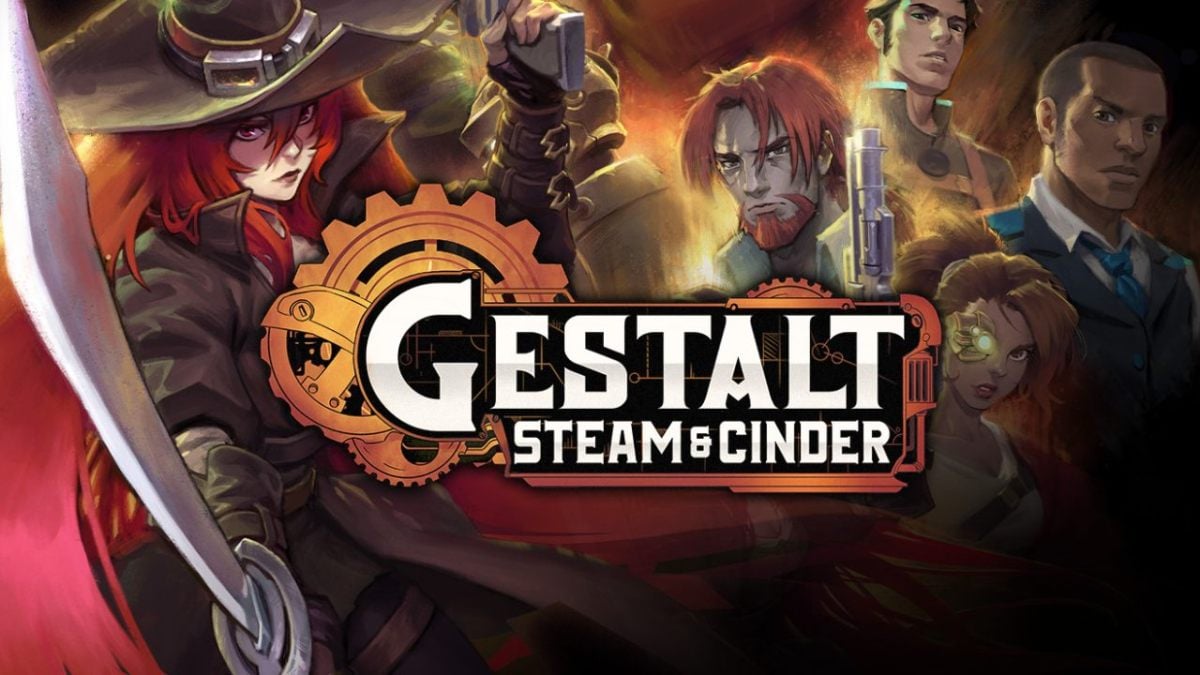
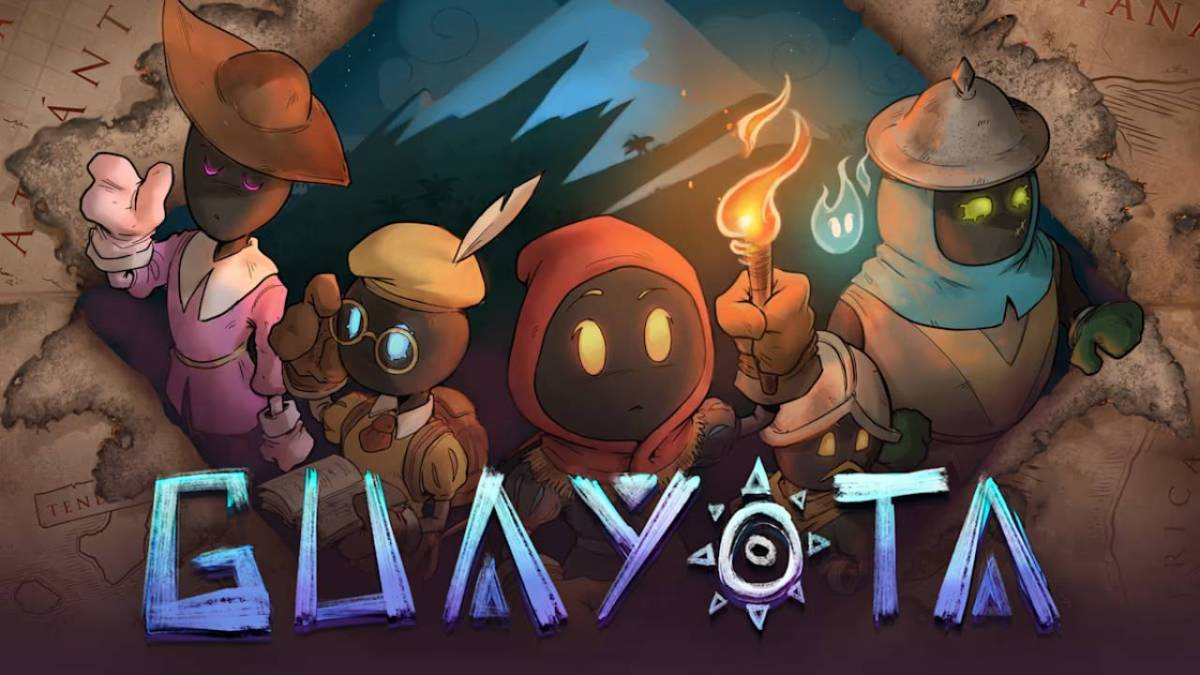
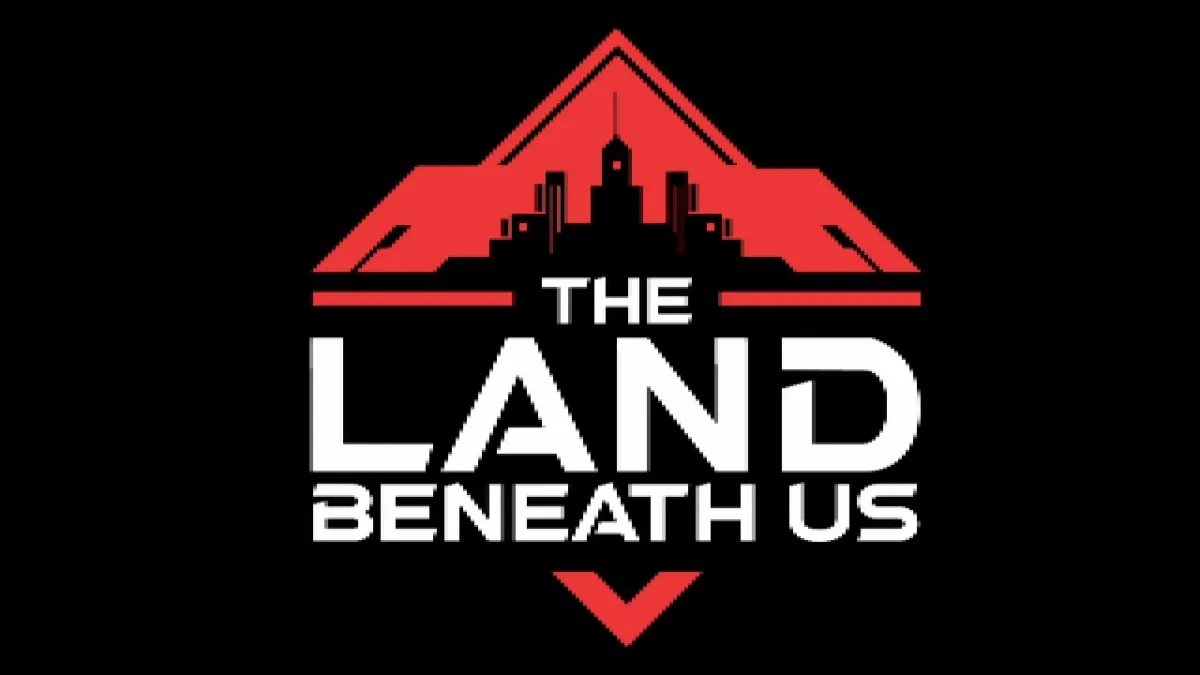
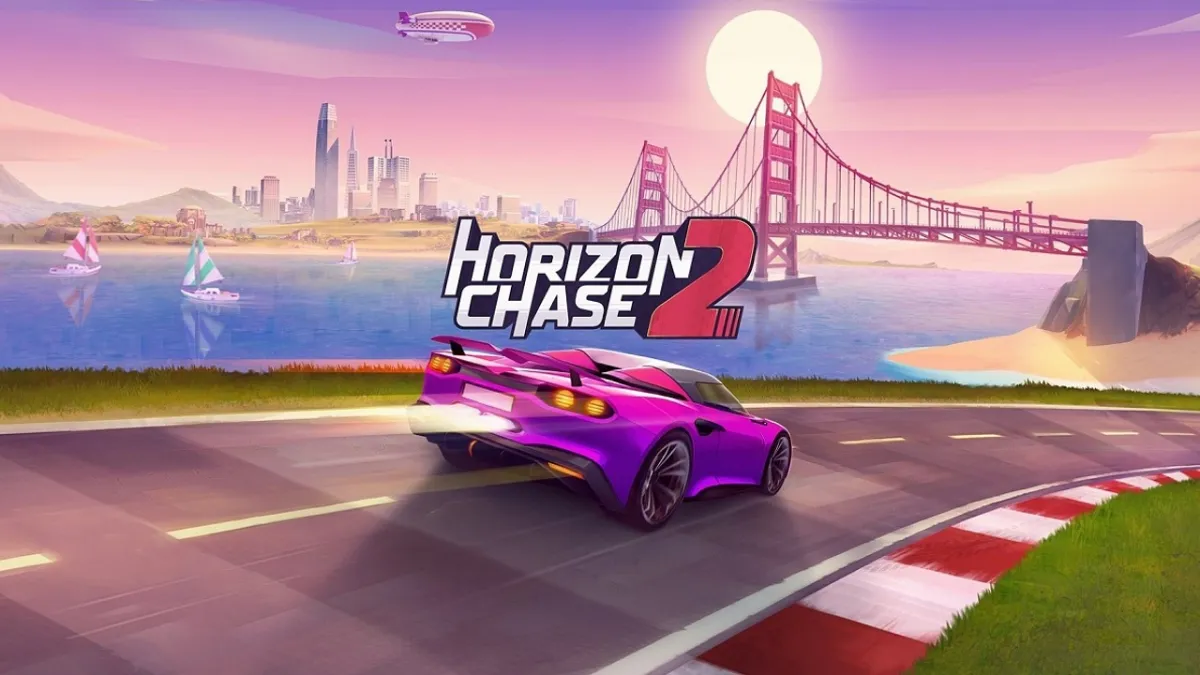
Published: May 24, 2018 07:00 am